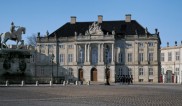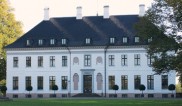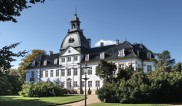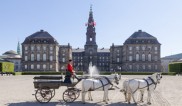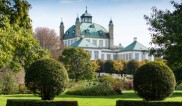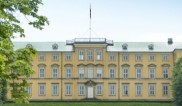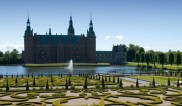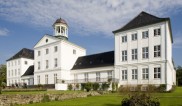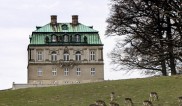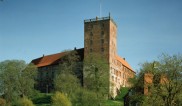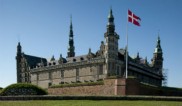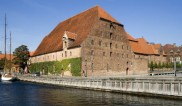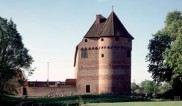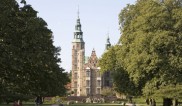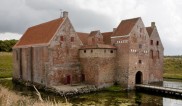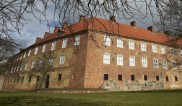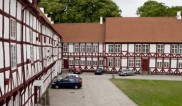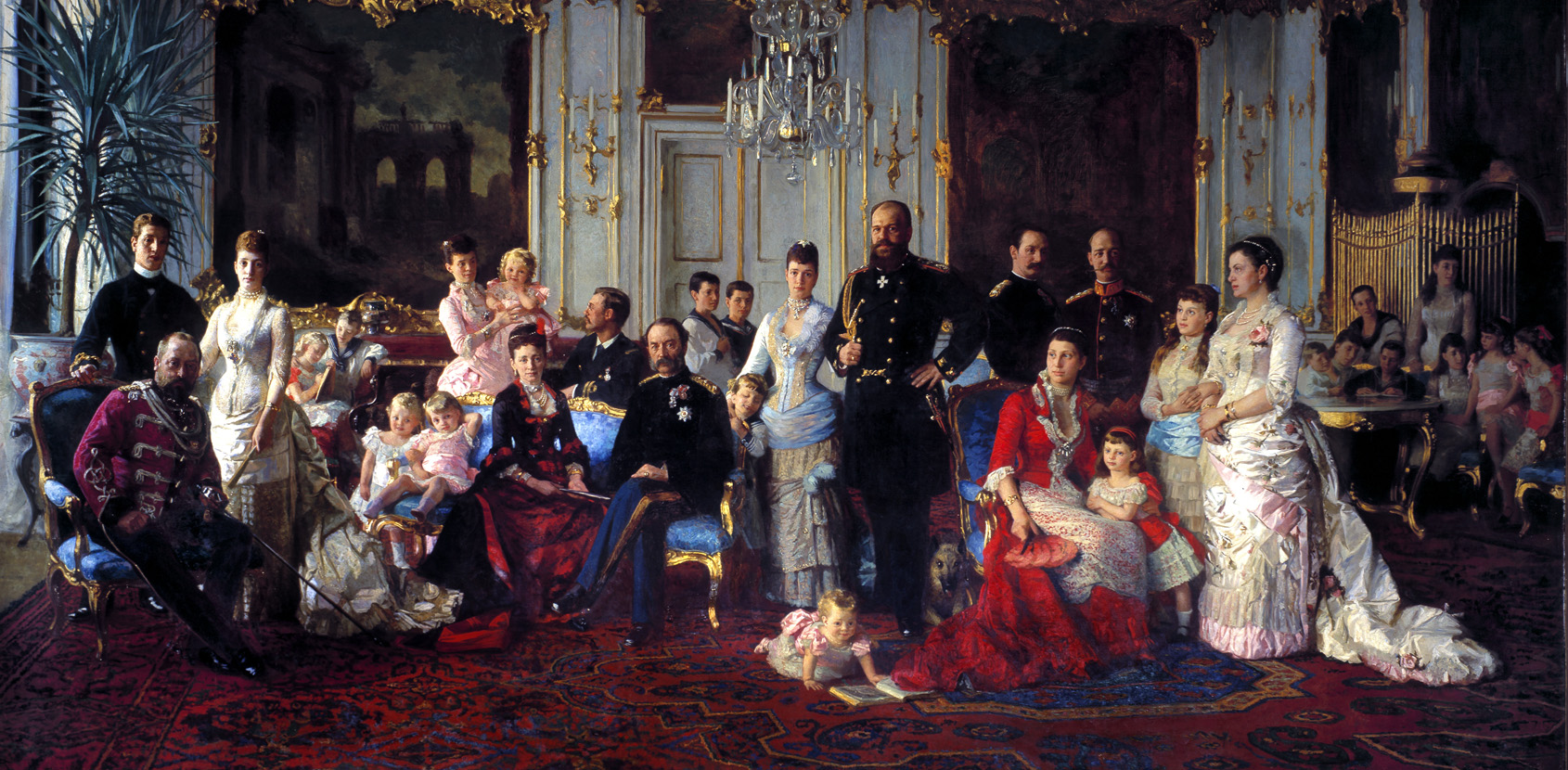
Christian IX
Christian spent the first 13 years of his life with his parents in Germany. His father was Prince Friedrich Wilhelm of Schleswig-Holstein; a man of limited financial means and with ten children he had to feed. When his father died, Christian IX moved to Copenhagen to live with his aunt and his uncle, Frederick VI.
He trained as an officer and married Louise of Hesse-Kassel. They moved into the Yellow Palace at Amalienborg and had six children.
The favourite nephew becomes the heir to the throne at the Hermitage Royal Hunting Lodge
On 31st July 1852 the family’s destiny changed forever. Christian was appointed heir to the Danish throne, and his six children were given the titles of princes and princesses. The new Act of Succession was signed at the Hermitage Royal Hunting Lodge by the King of Denmark, Frederick VII. Frederick VII had two failed marriages and no children. His third marriage to the Countess Danner was childless and frowned upon, to say the least.
The future heir to the throne therefore had to be found in the wider family. Christian was Frederick VI’s favourite nephew and he had blue blood. His mother was sister to Frederick VI’s queen, Marie Sophie Frederikke and his father was a German prince. When Frederick VII, the last king of the Oldenburg dynasty, breathed his last on 15th November 1863, Christian became King Christian IX.
The king at war with Denmark
The crown weighed heavily on Christian IX’s head when he became king in 1863. Three days after Frederick VII’s death he signed the controversial November constitution, making Schleswig part of Denmark. It was a constitution that breached international conventions. War broke out on 1st February 1864. Denmark lost the war and the unpopular new king almost abdicated.
The father-in-law of Europe wins over the people
The king’s salvation was his family. Queen Louise succeeded in marrying off their children into Europe's mightiest and noblest royal families. Christian IX was able to earn another title – the father-in-law of Europe. Their daughter married the Prince of Wales who later became Edward VII, king of the United Kingdom. In 1866, their daughter Dagmar married the Russian heir to the throne Alexander III of Russia. And in 1868, their son Vilhelm became King George I of Greece.
The prestige of the family grew and the idyllic family photographs at Fredensborg Palace helped to win Christian IX the hearts and minds of the Danish people.

 Dansk
Dansk
